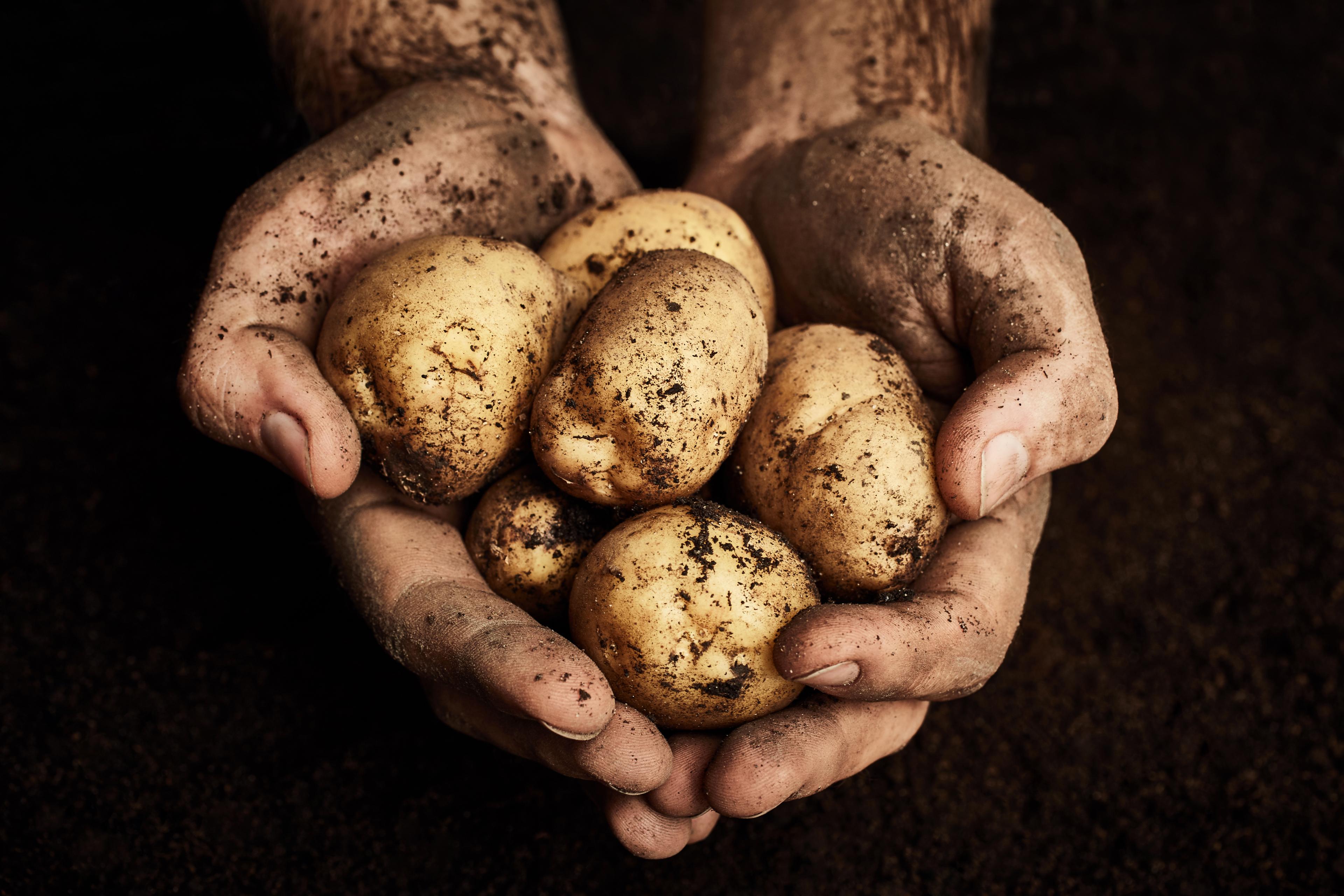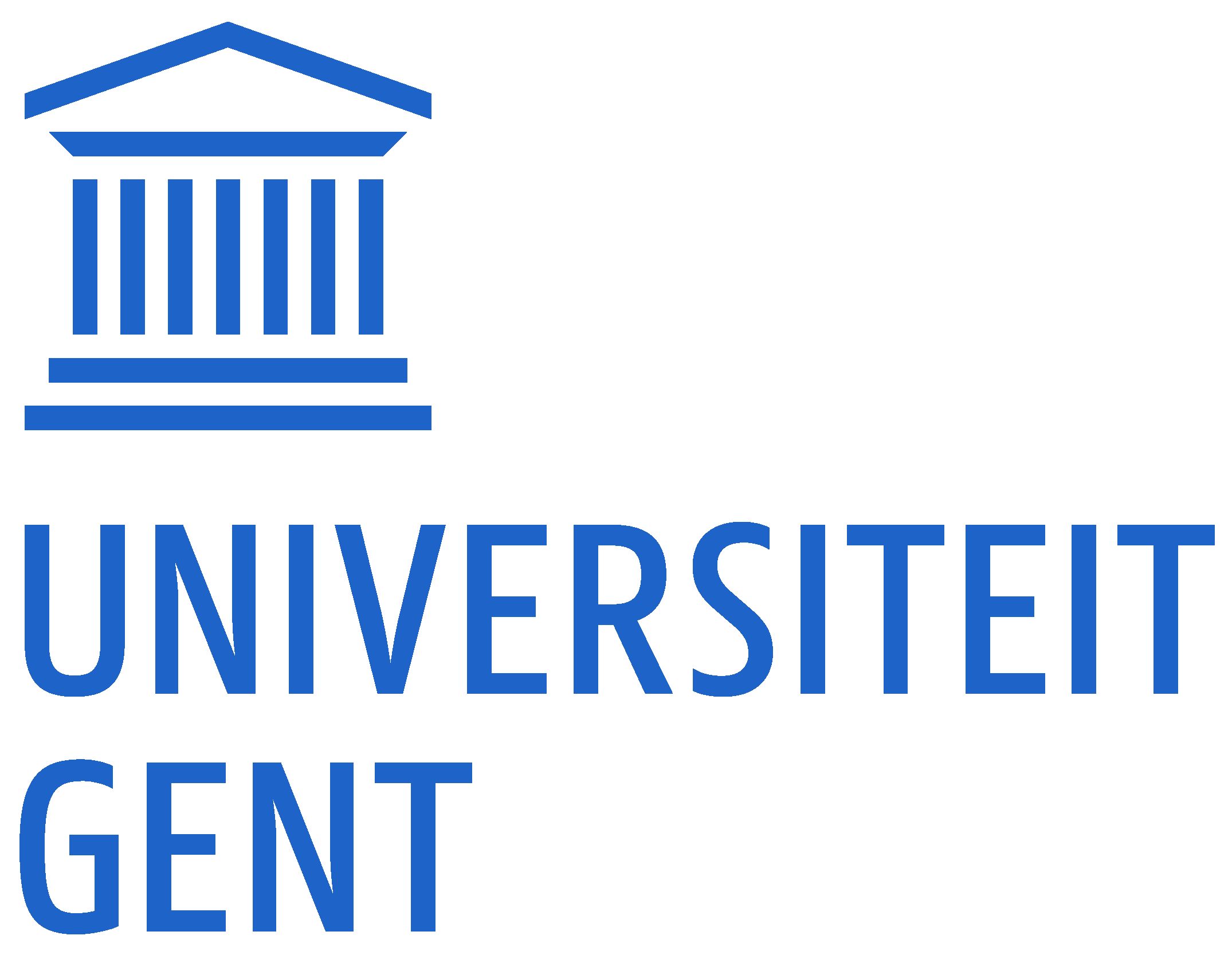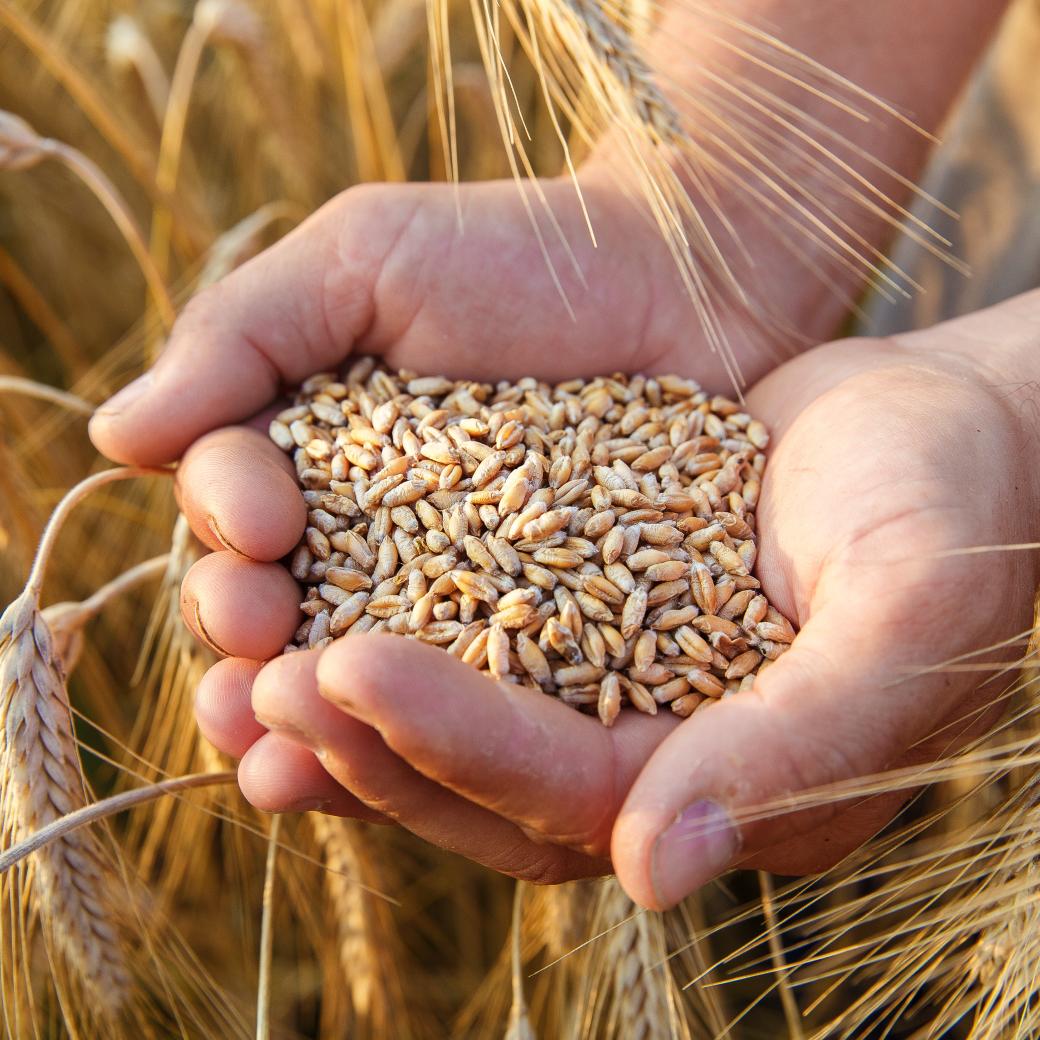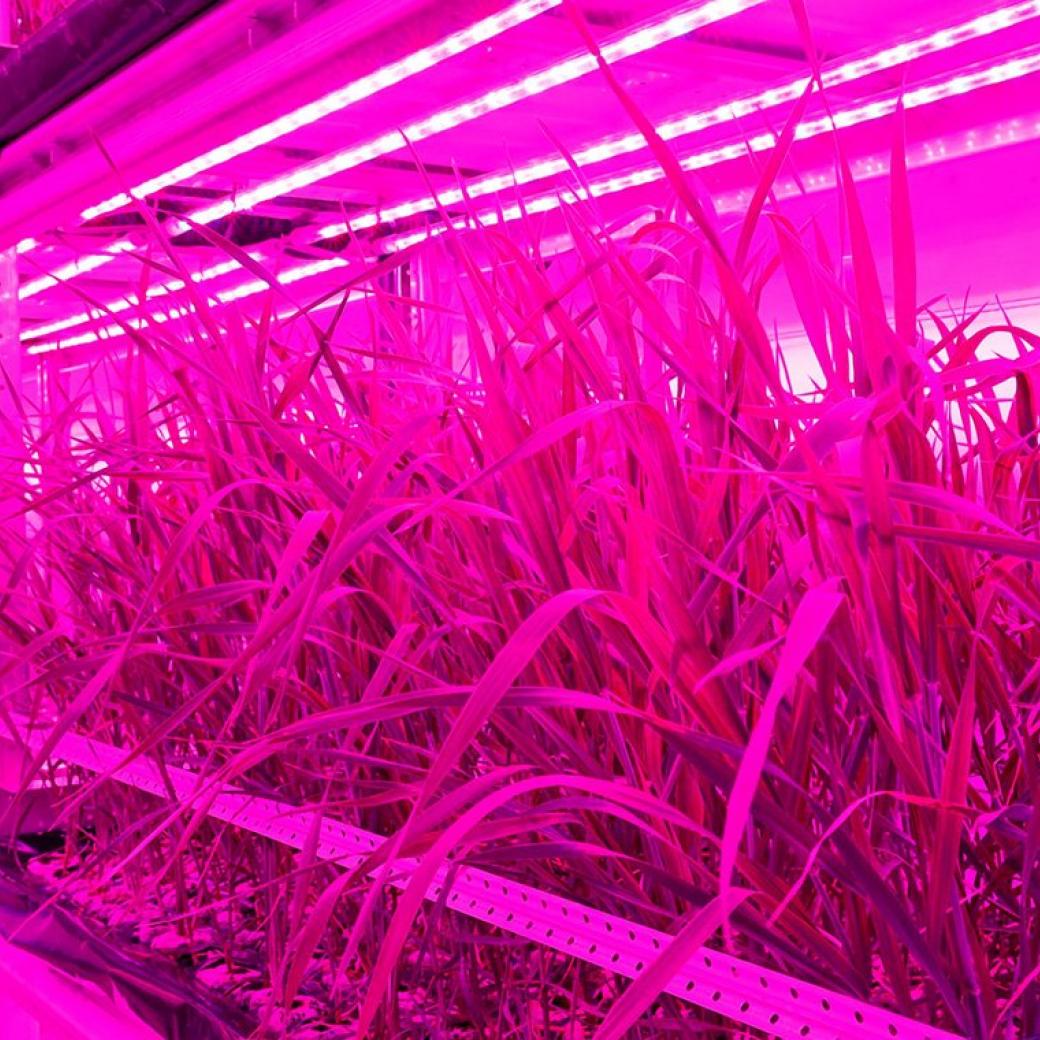Restaarde Circulair II
With support of:


Treatment of residual soil with microwave and fluidized bed heating to kill possible potato cyst nematodes and tuber cyperus propagules
Why this project?
Before potatoes can be packaged or processed into potato products in the factory, potato processors must sieve and wash off all the remaining soil that is still on the delivered potatoes. As much of this soil as possible is given back to the potato cultivators. But it is practically impossible to guarantee that a cultivator only gets its own soil back. Because this excess soil can contain organisms (in particular nematodes and propagules from the Cyperus esculentus weed) that are harmful to plants and can be spread via the soil return system, which leads to new contaminations each year.
Apparently simple solutions for getting rid of these organisms in the excess soil, such as stocking for 10 years or keeping under water for long periods in water basins or polders are technically difficult to achieve in our region. An interesting approach is having the processors process and treat the excess soil in such a way that the hazardous organisms are killed. The concluded Flanders’ FOOD project “Restaarde Circulair” demonstrated the potential of industrial microwave heating while fluidised-bed heating would also be worth researching.
Research approach and expected results
The follow-up project Restaarde Circulair II is a collective research, development and dissemination project (type COOCK) that will further research the possibilities of microwave heating and fluidised-bed heating for inactivating potato cyst nematodes. This by:
- Determining the optimum heating conditions (temperature-time combinations) for killing the cyst nematodes and Cyperus esculentus in excess soil with varying textures and moisture content based on microwave treatment
- Theoretical technical/economic sustainability and a benchmark study of fluidised-bed heating
- Proof of concept laboratory test for killing cyst nematodes and Cyperus esculentus based on fluidised-bed heating
- Determining the soil quality of the excess soil after microwave and fluidised-bed heating
- Selecting microwave or fluidised-bed heating for pilot scale tests
- Drawing up a complete, continuous industry-proof pilot system with integrated steering, controlling, measuring and monitoring systems
- Creating validation experiments for the desired temperature/time ratios and making comparisons between predicted and measured energy consumption for a full scale installation
- Validating disinfecting of excess soil in the pilot system with temperature-time combinations that kill all cyst nematodes and Cyperus esculentus under the most optimum energy and duration conditions
- Demonstrating the pilot system to the public
Target group
This project is geared towards all businesses with an excess soil problem. These are, in the first instance, potato and sugar beet processors but also processors of certain types of vegetables (root vegetables, onions, etc.). The dry thermal treatments being researched in the project can also function as a model for ensuring phytosanitary potting soil and soil enhancers.
A positive result will reveal how excess soil containing harmful organisms (with the focus on cyst nematodes and Cyperus esculentus) should be thermally treated to kill these organisms so that this excess soil can be used in the field in a phytosanitary safe manner. This will lead to new investments from working processing companies, increase their sustainability and economic position and result in a positive effect on the cultivation in our region.
Project partners
This project is coordinated and managed by Flanders’ FOOD and executed by the following partners:
- Ghent University, Research group Thermal Energy in Industry: under the supervision of Prof. Bruno Vanslambrouck
- Ghent University, Research group Plants and Crops: under the supervision of Prof. Benny De Cauwer
- Institute for Agricultural, Fisheries and Food Research (ILVO), Plant Department: under the supervision of Prof. Nicole Viaene
- Bodemkundige Dienst van België (Soil Science Services Belgium): under the supervision of Prof. Annemie Elsen
Contact

From apple tree to innovation: meet B3ET

Sustainable animal feed from sweetcorn cobs: meet Trotec






